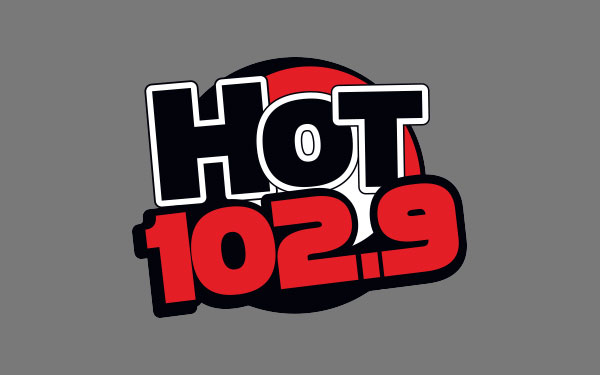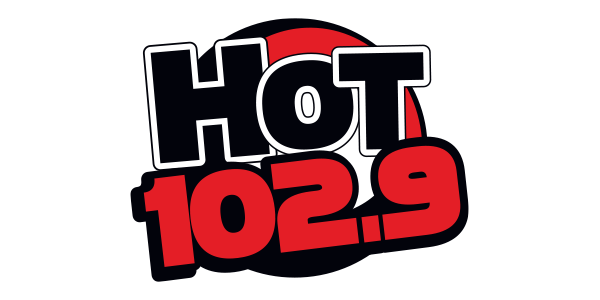Tornado Safety and Recovery Tips
May 29, 2019 9:01AM EDT

After the Tornado: It is very important to remain aware of your surroundings and to be extremely cautious. Check yourself and the members of your family for injuries. Do not attempt to move someone who is seriously injured, unless they are in immediate danger of further injury. The tornado has more than likely damaged power lines, gas lines or electrical systems, so remain aware of your surroundings and the possibility of explosion. It is important to listen to public safety officials, as going into damaged areas by yourself may impede rescue efforts and jeopardize your own safety. The period following a tornado can be confusing and emotional, but it is important to take every precaution to ensure the safety of yourself and others.
Home Damage: Be sure you understand how to handle property damage immediately following a tornado.
Tips for homeowners with property damage:
- Call your insurance company right away.
- Take pictures of your damaged property. Keep notes and use an inventory list to help adjusters assess the damage.
- Remove all tree debris from the structure and place it on the ground.
- If it is safe to do so, make temporary repairs to your home to prevent further damage. You may tarp your roof, cover broken windows with plywood or tarps, etc. Be sure to keep a record of time spent and all receipts for work done on your property.
- If the power has gone out, unplug any small electrical items to prevent electrical spike damage.
- Do not dispose of any damaged contents until authorized by your agent or claim representative.
- Contact licensed vendors for repair estimates. Make sure the estimates are signed by the vendor and approved by your adjuster or agent before having major damage repaired.
- Listen /obey local authorities.
- Use safety precautions when removing debris.
Links & Resources
Tornado Safety Fact Sheet – English
IBHS Severe Storm Resources: Tornado Safety
Immediately after a tornado: What to do after a tornado
- The safety of you and your family is the most urgent need after a tornado. Check everyone for injuries and call for medical help immediately if needed.
- Watch for additional emergency alerts on your phone, or stay tuned to NOAA Weather Radio or a local alert system for current information and instructions.
- If you’re trapped, cover your mouth with a cloth or mask to avoid breathing dust. And instead of shouting, try to send a text, bang on a pipe or wall, or use a whistle.
- Stay clear of fallen power lines or broken utility lines, and warn others to stay clear too.
- Report downed power lines or broken gas lines immediately.
- If you’re driving and see a downed power line in your path, stay in your vehicle and call 911 or the electric utility.
- Power outages are common after a tornado. Save your phone battery for emergencies and to let family and friends know you are safe. Use battery-powered lanterns instead of candles.
- If you haven’t lost power but smell something burning, see frayed or sparking wires, or suspect a gas leak, turn off the main circuit breaker and the natural gas and propane tanks.
Assessing tornado damage
- Don’t enter damaged buildings until you are told they are safe.
- Use extreme caution around debris and watch for broken glass, nails, and other sharp objects. Wear appropriate clothing, like sturdy shoes or boots, long sleeves, and gloves.
- Inspect your home or apartment for any signs of structure issues.
- Follow all proper power outage tips and generator safety tips.
- Take pictures of your home’s damage, inside and out.
- Tornado damage is generally covered under homeowners and renters insurance policies. Contact your insurance agent or your company to start your claims process.
Cleaning up and moving forward
As you work to get back to a sense a normalcy, the American Red Cross has good information on how to clean up after a tornado.
via: Benjamin Justice, Public Affairs Specialist State Farm®








